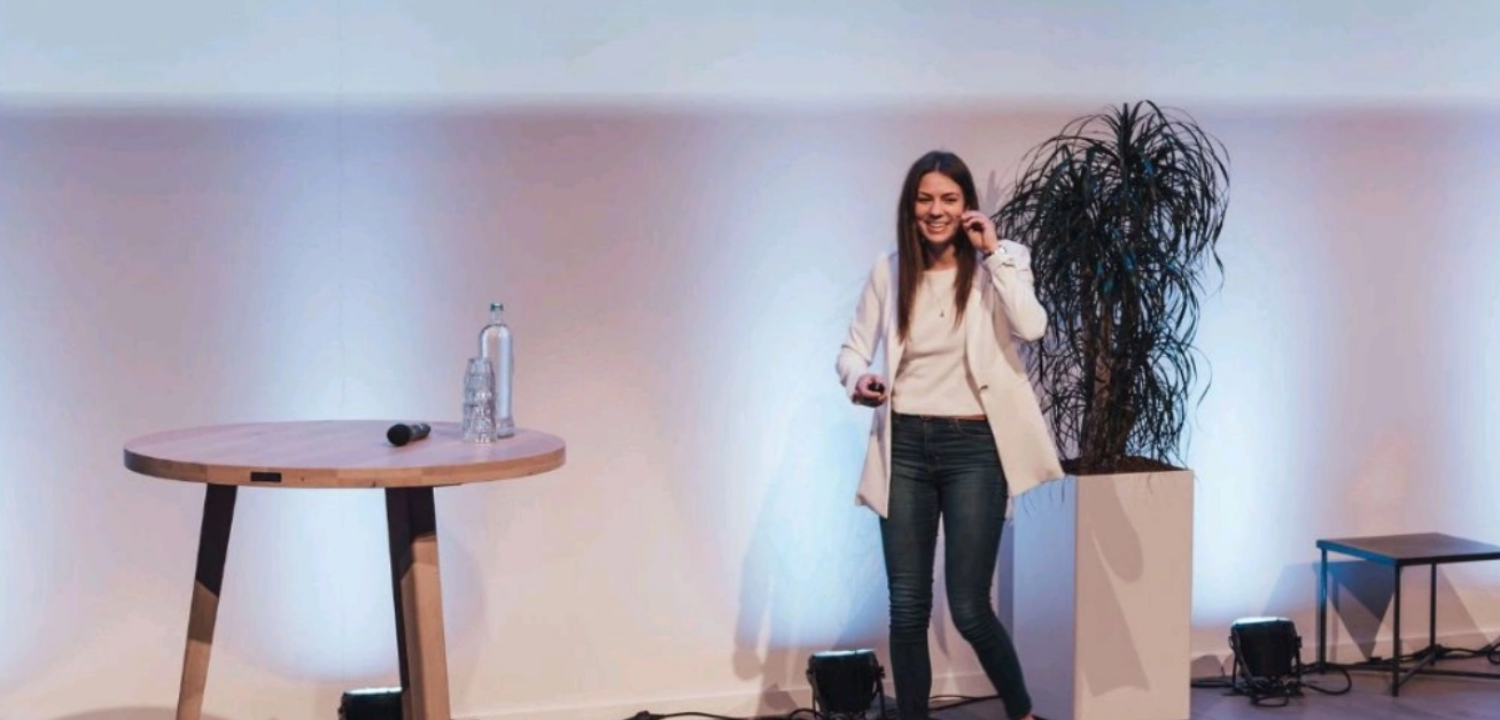The wave of artificial intelligence development demands more and more computing power. Therefore, the challenge is to cool the servers more efficiently. The Dutch start-up Incooling, co-founded by Latvian Helēna Samodurova, offers a solution – a two-phase cooling system for servers in data centers.
Helena says that currently up to 50% of the world’s energy is used to cool computer and data center systems. With the current wave of artificial intelligence, increasingly powerful computer systems are being created, which require more and more energy. And thus – higher cooling capacities.
“With our systems, 50% less power is required while achieving better thermal stability, allowing computer systems to operate more powerfully. We are in the right place at the right time,” says Helēna.
Cools the device, not the room around it
Explaining how Incooling works, Helena says that when a server overheats, it “gets tired” and cannot work as efficiently. That’s why every device has a cooling system, but under heavy load, this alone is not enough. One option to cool down the device is to cool the entire room with powerful air conditioners where it is located. It requires very high energy consumption. However, “Incooling” takes a different approach – by cooling only the device itself, not the entire space around it.
“We have a two-phase cooling system that works like a refrigerator – instead of cooling the entire room, we place the cooler directly on the specific server, cooling only what is needed,” says Helēna.
Brought to the Netherlands by an incubator
Helēna has been living abroad for 15 years. Initially, she moved to Great Britain with her family. “After that, I started traveling around the world – I studied climate change in Spain. I became interested in this topic even before it became popular and started being talked about as widely as it is now,” she says. After studying in Spain, she moved to the Netherlands upon discovering a new incubator for climate change innovation. The project was financed by Dutch companies and various organizations with the aim of developing innovations.
Unlike other incubators, which typically support already established companies, this one offered the opportunity to enter without a pre-existing idea. It also provided valuable contacts, including connections with large Dutch companies. The company has been operating since 2019. The incubation program lasted nine months. During this time, it was necessary to understand whether the project had potential. “While in the incubator, everything happened very easily – we barely noticed that we had already established a company. With the incubator’s support, we were able to start the business under very favorable conditions, having access to financing, contacts, and all kinds of support. We were the first experiment to test if such a system works. Our experience, along with that of 40 other innovative companies, shows that this system has great potential,” says Helēna.
One of the incubator’s partners in collaboration is CERN, the European Organization for Nuclear Research, which provides an opportunity to think about how innovations created there can be applied in other areas.
If you want to achieve a lot, you have to cooperate
Working in the incubator, Helēna has learned to be open and cooperative because it benefits everyone. She believes that openness to collaboration is important, especially in innovative areas.
“When working together, you can achieve much more – if you want to go fast, go alone, if you want to go far – go together. We operate in the realm of science-intensive technologies. This isn’t like baking cookies, where you can simply copy the recipe. It takes a lot of work to create great things in science. Therefore, if someone manages to mess it up, you haven’t done anything that important,” she argues.
The company has been in operation for its fourth year. However, Helēna emphasizes that in the realm of science-intensive start-ups, this is only the beginning. “Currently, the biggest project has been with ASML data centers, but we just unveiled the new technology at the ISC exhibition in Hamburg,” she reveals. So far, “Incooling” has raised over five million euros.
Wants to maintain ties with Latvia
Helēna likens “Incooling” to a teenager, which is already quite established and independent. Consequently, she finds herself with more time to dedicate to other pursuits, including involvement in the Latvian diaspora community.
“My personal ambitions, of course, include making our company successful. However, since I am from Latvia, I always keep an eye on what is happening there. In the last 10 years, Latvia has changed a lot – the infrastructure is better, cities are more organized, and young people have many good ideas. I would like to contribute to the future growth and development of Latvia with the knowledge I have acquired outside of Latvia. I am in talks with Latvian companies and incubators in science-intensive fields to see what we can achieve together,” says Helēna.
Photo: Labsoflatvia.com
